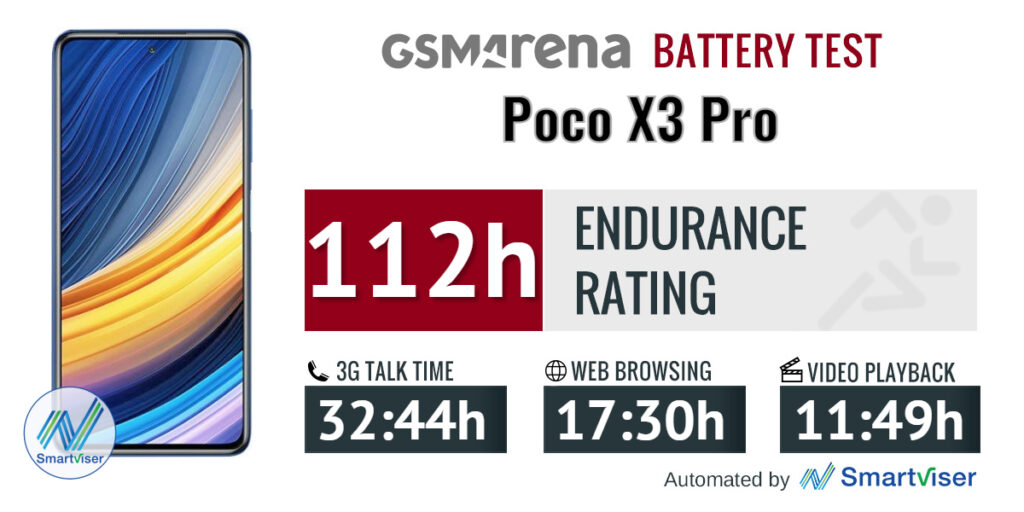Does Your Site Face This Issue?
Plugins are a great way to add more features, functions, and design aspects to your website. Many designers and developers have recommended plugins they believe have significantly improved their site performance and customer engagement. However, some also think that they have a disadvantage when it comes to loading speed.
But do plugins really slow downloading speed? Unfortunately, the answer is not always simple to determine. Plugin developers work hard to ensure that they run smoothly and don't affect your site's load time. But sometimes, there are unavoidable factors that can still affect your page load times.
In this article, we'll explore whether plugins can hurt your site's loading speed and how you can optimize them for better performance.
Plug-Ins: What They Are
Plugins are an extension to the original program or site that provides additional functionality.
List of Common Plug-Ins:
- Plugin for social media sharing
- A plugin that allows you to post audio or video content directly from the website.
- The plugin that shows links to your articles on other websites
- A plugin that creates a store of images, video, and text you can use for free to make your website more visually engaging.
Plug-Ins And Site Speed
Generally speaking, plugins can either increase or decrease loading speed depending on whether they're poorly coded and how much you use them.
These are some signs that your plugin is slowing your site's load speed
- If your site takes a long time to load or throws up an endless series of warnings, plugins may be slowing down the page.
- Other signs may include:
- Your site's SEO ranking goes down
- Fewer visitors stay on your page than before
- You see a lot of plugin messages pop up when you load the page
It may seem like all that's slowing down your site is these pesky plugins. Still, if you know how to use them, they can also be a great way to make your site personal and find more people who share your interests.
PlugIn Issues: Advice for Developers
If you think that plugins are the culprits for your site's turtle-like speed, here are pieces of advice you may want to consider.
- When evaluating plugin performance, a developer should look at your site's front-end page load time with no plugins enabled or enabled to see if there's an impact. Then, go through your list and disable them one by one to see which ones may be causing problems with performance or security.
- If you find some plugins are slowing down your site, try optimizing them.
- Always keep plugins updated to help eliminate any potential security gaps that may be exploited by hackers or malware.
- Consider switching to lighter, more modern plugins that are compatible with current web technologies and browser performance. This tip is accurate if you find your site is slowing down due to poorly coded or outdated plugins.
- Developers can also measure the impact of plugins with a tool like Google's PageSpeed Insights.
- Remember that using HTML/CSS can lead to an even faster loading experience for visitors than possible without any plugin whatsoever.
Conclusion
Plugins are a great way to add more features, functions, and design aspects to your website. However, some believe that they have a significant disadvantage when it comes to loading speed. Therefore, be cautious with how many plugins you use on your site; take them one at a time and see if the additional functionality is worth the trade-off in page load times.








